
Xavier Schouller, MD of Portsmouth-based ski-drive specialist Peak Retreats, knows a thing or two about skiing. He grew up in France, first put on skis as a child in Val Cenis, and has been flying down the mountains in the both the Alps and the Pyrenees for the past 42 years. He has two young children at primary school.
If you have school-aged children you may well be heading off to the mountains this half-term for your annual ski trip. Thanks to the recent squeeze on term-time holidays for kids, more and more of us are doing it, and it’s put a lot of pressure on places in the best accommodation and resorts offered by UK tour operators.
Add to this the fact that many other nations in Western Europe are taking their mid-winter break at the same time, and you’ve got a recipe for some pretty hectic days in the airports and on the pistes – even without snowstorms on changeover day. If you’re not careful, your week on the snow can feel more like an exercise in queueing than skiing.
So how do you slalom round the obstacles ahead, and avoid the stress of high-season skiing? Well, here are six tips for starters: and if you’ve got any more, then please, add them to the comments box below. Your hard-won experience could save someone else a serious amount of hassle.
1. Get going early
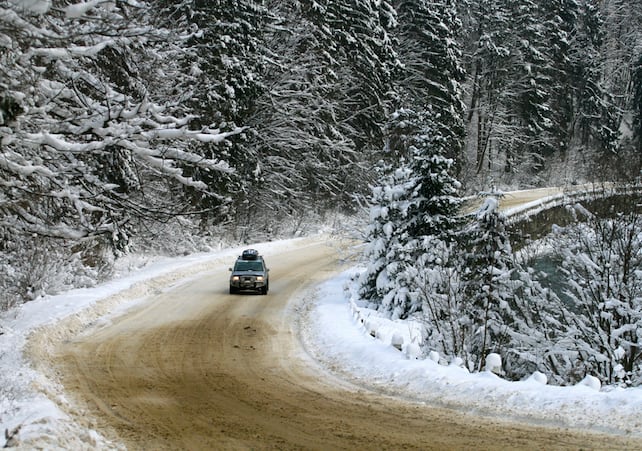
Once the schools break up on Friday, UK-based skiers and snowboarders get into their cars to rush out shopping or home to pack. Come Saturday morning they’ll head to the airport or ferry terminal in their thousands and you will be faced with traffic jams, crowded public transport, problems parking, queues for airport security and ferry check-in desks.
So if you can, book a flight or ferry crossing that departs before the end of office hours on the Friday, and try to avoid Saturday and Sunday transfer days altogether. Driving yourself down to the Alps offers the greatest flexibility, and if you book a hotel near the Alps you can be up in the mountains and skiing when everyone else is still waiting for their luggage in Geneva.
Of course, if you’ve booked a flight-inclusive package, setting off on Friday is not usually an option. But you can at least make the experience less fraught by booking a hotel at the airport if you have an early check-in, or treating yourself to valet parking or – at the very least – allowing yourself an extra hour for all the airport chores.
Pack loads of child-distracting devices and games into your hand-luggage too. For younger kids, a game of Uno on the airport floor can turn a delayed flight into an hour or two of cheap and simple fun.
2. Think ahead
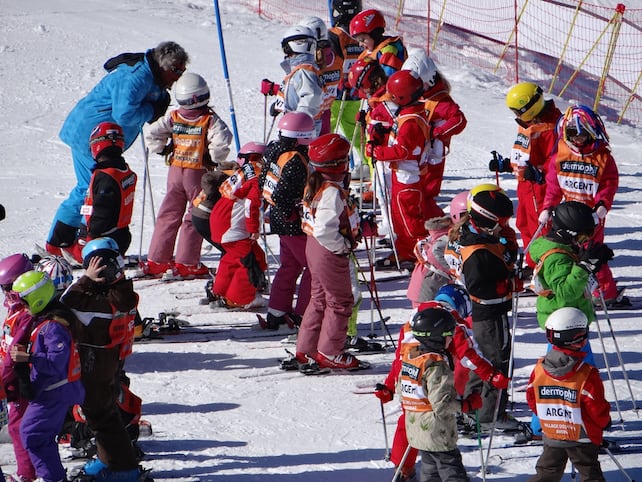
Ski school classes and kindergartens need to be booked well in advance of your holiday, too. If you turn up in a ski resort over February half term expecting to buy ski lessons for your kids on the day you want them to start, everyone’s just going to laugh.
Finally, don’t forget about airport parking in the UK. If you don’t sort it out online beforehand, you could end up paying double for your little oblong of tarmac.
3. Be first in line
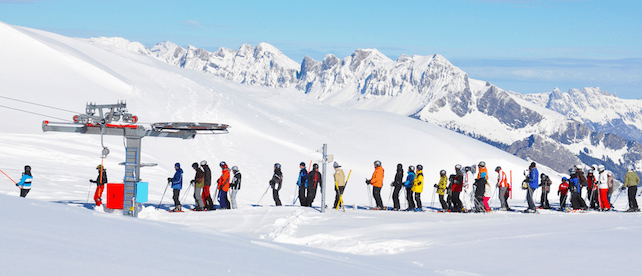
Don’t waste time queueing to buy your lift pass, either. If you’re travelling with a tour operator, you can usually pre-book it before you leave home and have it handed over on the transfer bus, or delivered to your accommodation the night before you start skiing.
4. Ski with a uniform
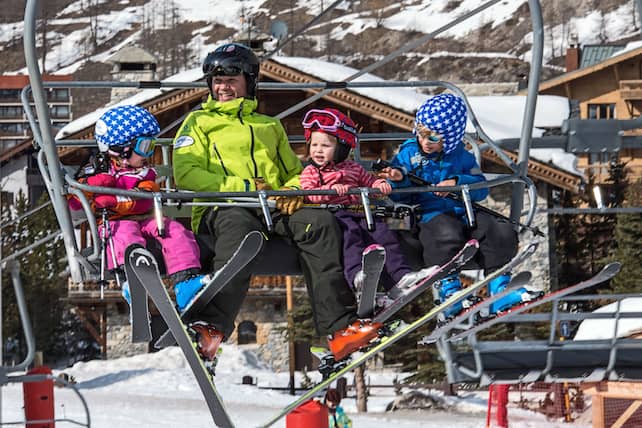
If you’ve skied in France before you will probably have noticed that ski-lifts have a lane reserved for ski school classes. Instructors and their pupils head to the front and don’t have to queue, even during high season weeks.
This makes skiing with a uniformed guide or instructor the very best way to avoid standing in one of those seemingly endless lift lines.
5. A baguette in your backpack
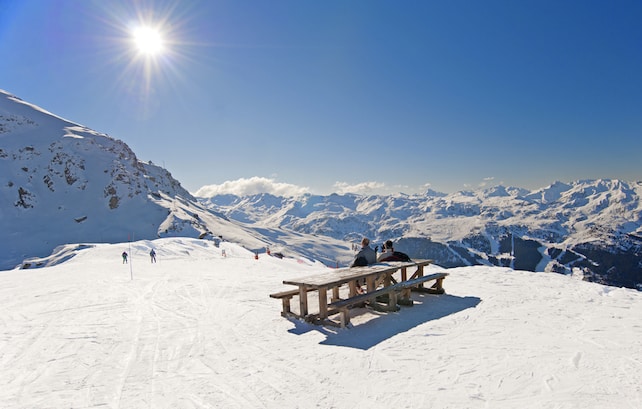
Alternatively, ski down to the resort as restaurants there will be far less busy (and often cheaper too!) than those up on the slopes.
6. Go to a lesser-known resort
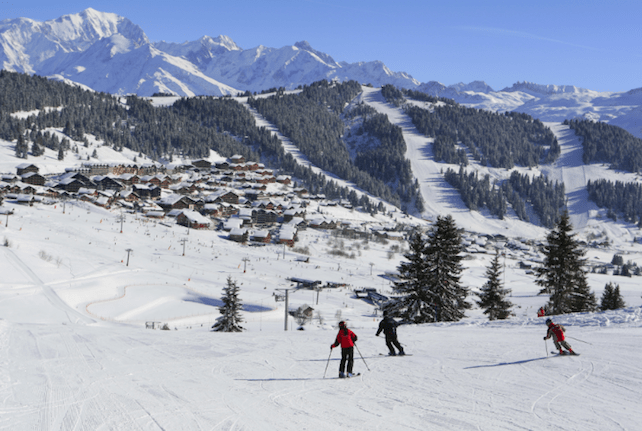
The pistes around its edges are where you want to be skiing, because almost everyone sticks to the obvious runs in the middle – especially those you can see from the busiest lifts.

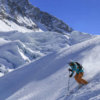
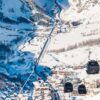


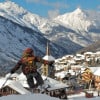




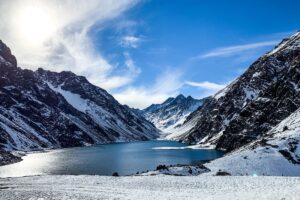


Add Comment